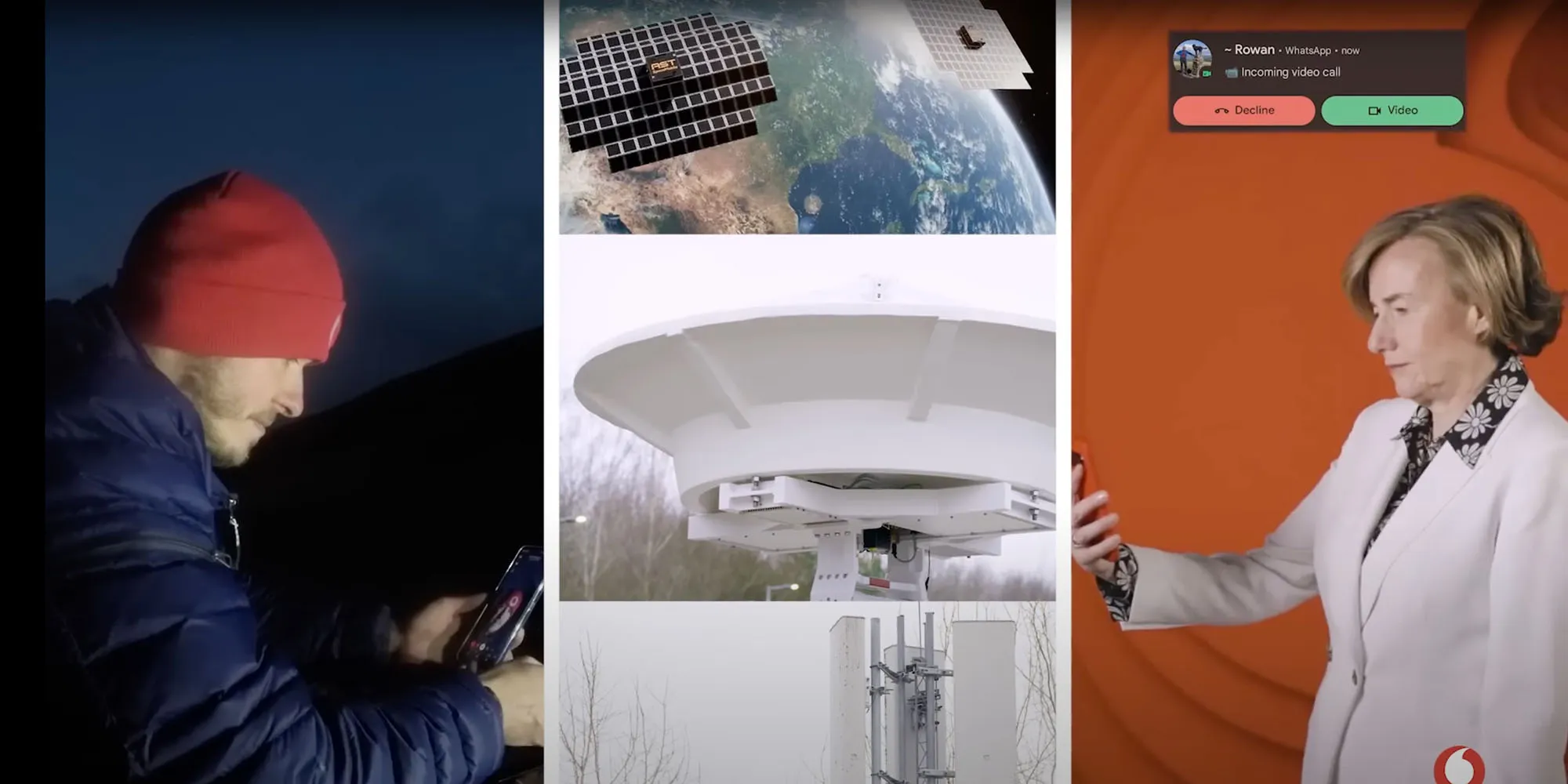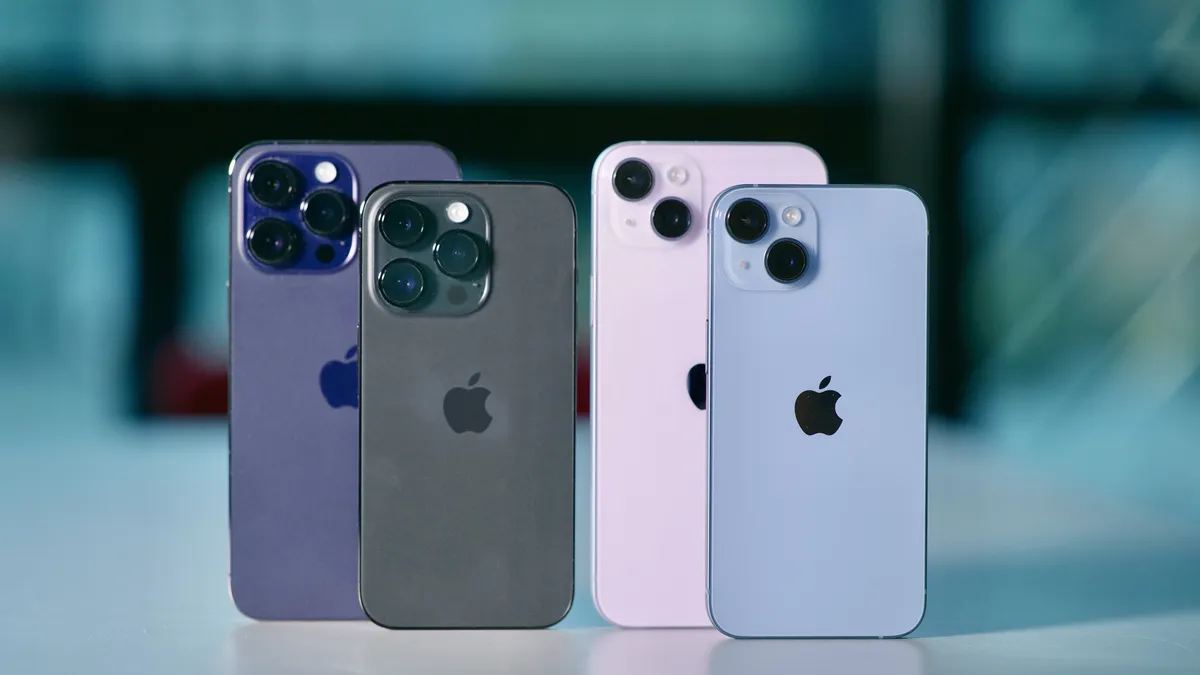For years, the iconic Lightning connector has been synonymous with Apple devices. From iPhones to iPads and various accessories, this proprietary port has been a fixture in the tech landscape. However, as the European Union pushes forward with its mandate for a unified charging standard, Apple is officially phasing out Lightning-based devices from its European stores, marking a significant shift in the company’s hardware strategy.
The EU’s Directive 2022/2380, effective from December 28th, 2024, aims to streamline charging solutions across a wide range of electronic devices. This initiative seeks to minimize electronic waste by reducing the number of different chargers consumers need and to address market fragmentation caused by varying charging standards. The core of this directive revolves around the adoption of USB-C as the common charging port.
This legislative change has prompted Apple to remove its remaining Lightning-based products from European retail channels. A recent investigation revealed that models like the iPhone SE, iPhone 14, and 14 Plus, along with accessories such as the Lightning-based Magic Keyboard, are no longer available on Apple’s online stores in several European countries, including the Netherlands, France, Norway, and Germany. This contrasts sharply with the availability of these same devices in the US and other regions outside the European Economic Area (EEA), which comprises 30 member states.
The disappearance of these models from European shelves signifies the end of an era for Apple’s Lightning connector in this region. While the Lightning port has served Apple well for over a decade, the company is now adapting to the changing regulatory landscape. This move also aligns with Apple’s recent transition to USB-C on its latest iPhone 15 series, signaling a broader shift away from its proprietary connector.
Beyond simply mandating USB-C ports, the EU directive encompasses several other crucial aspects. It stipulates that devices supporting fast charging must adhere to the USB Power Delivery (PD) standard, ensuring interoperability between different charging solutions. Furthermore, the directive allows for the unbundling of charging adapters from retail packages, giving consumers the option to purchase devices without a new charger if they already own compatible ones. This initiative not only reduces e-waste but also potentially lowers costs for consumers. Finally, the directive emphasizes improved labeling on devices and chargers, providing consumers with clearer information about power requirements and charging capabilities. This transparency empowers consumers to make informed purchasing decisions and ensures they use appropriate charging solutions for their devices.
Looking ahead, rumors suggest that Apple is planning to release a new iPhone SE in 2025, featuring USB-C connectivity and potentially other significant upgrades, such as an OLED display. This future model would solidify Apple’s commitment to the USB-C standard in Europe and likely bring the SE line in line with the rest of the iPhone family regarding charging compatibility.
The EU’s push for a common charging standard represents a significant step towards a more sustainable and consumer-friendly electronics market. By adopting USB-C, manufacturers like Apple are contributing to a reduction in e-waste, simplifying charging solutions for consumers, and fostering greater interoperability between devices. While the transition may mark the end of the Lightning era in Europe, it also heralds a new chapter in charging technology, one characterized by greater standardization and environmental consciousness. This move by Apple is not just a response to regulation; it’s an acknowledgment of a changing world, where interoperability and sustainability are increasingly important. It remains to be seen how this shift will influence Apple’s product strategy in other regions, but for now, Europe has officially turned the page on the Lightning connector.





